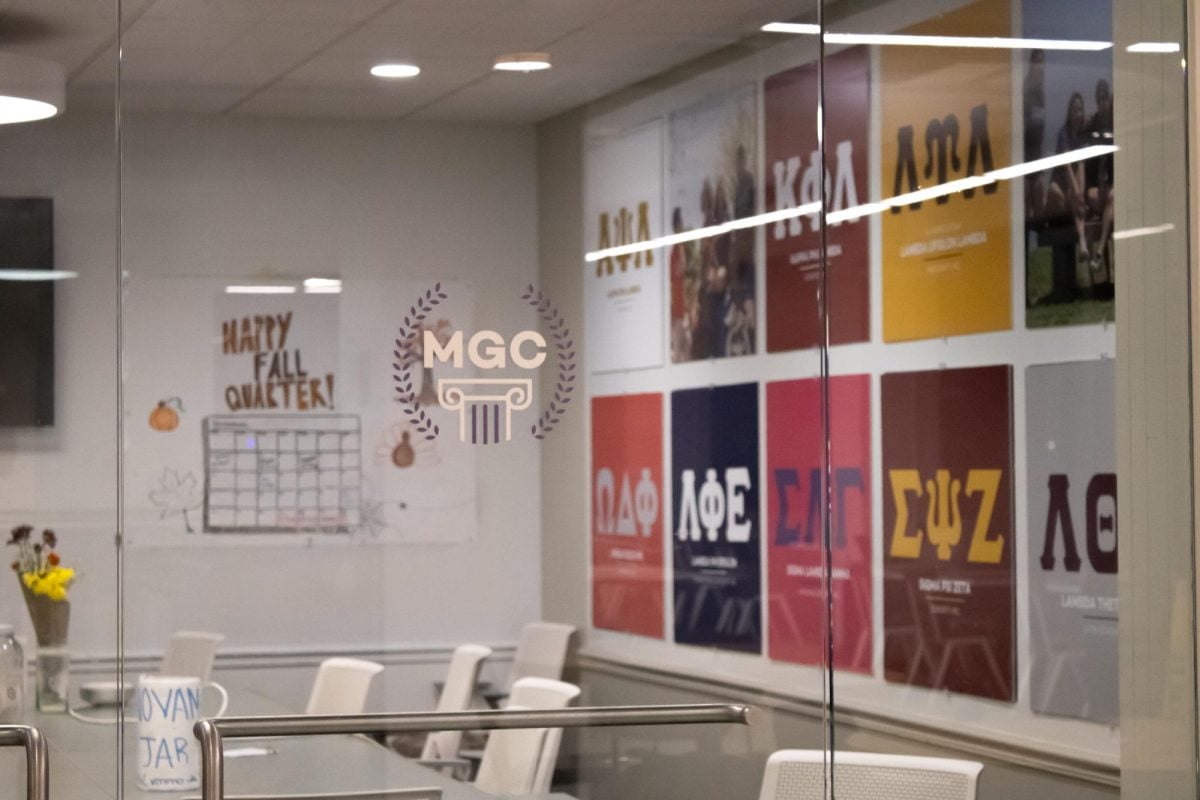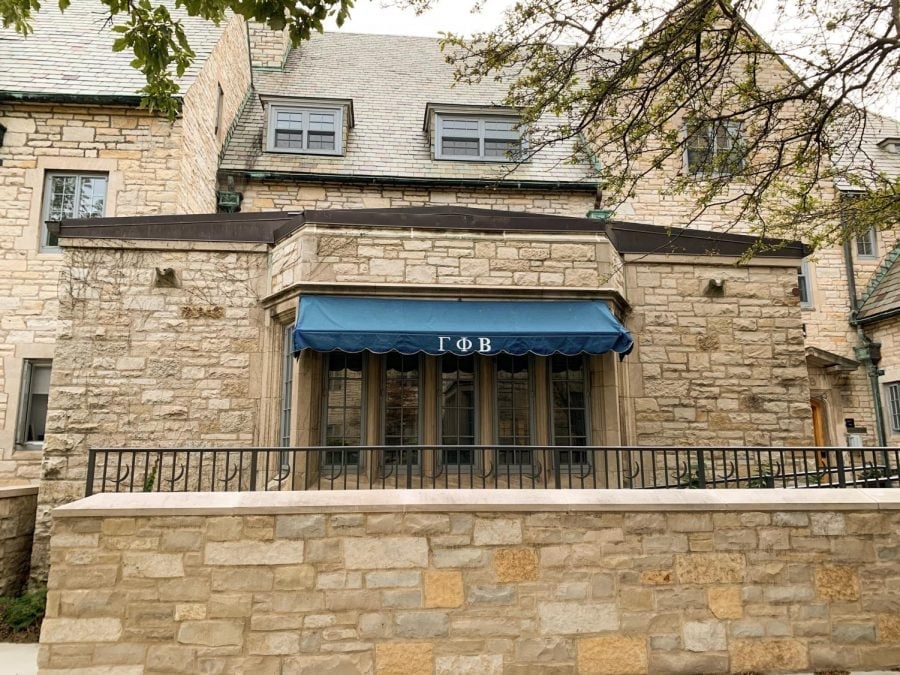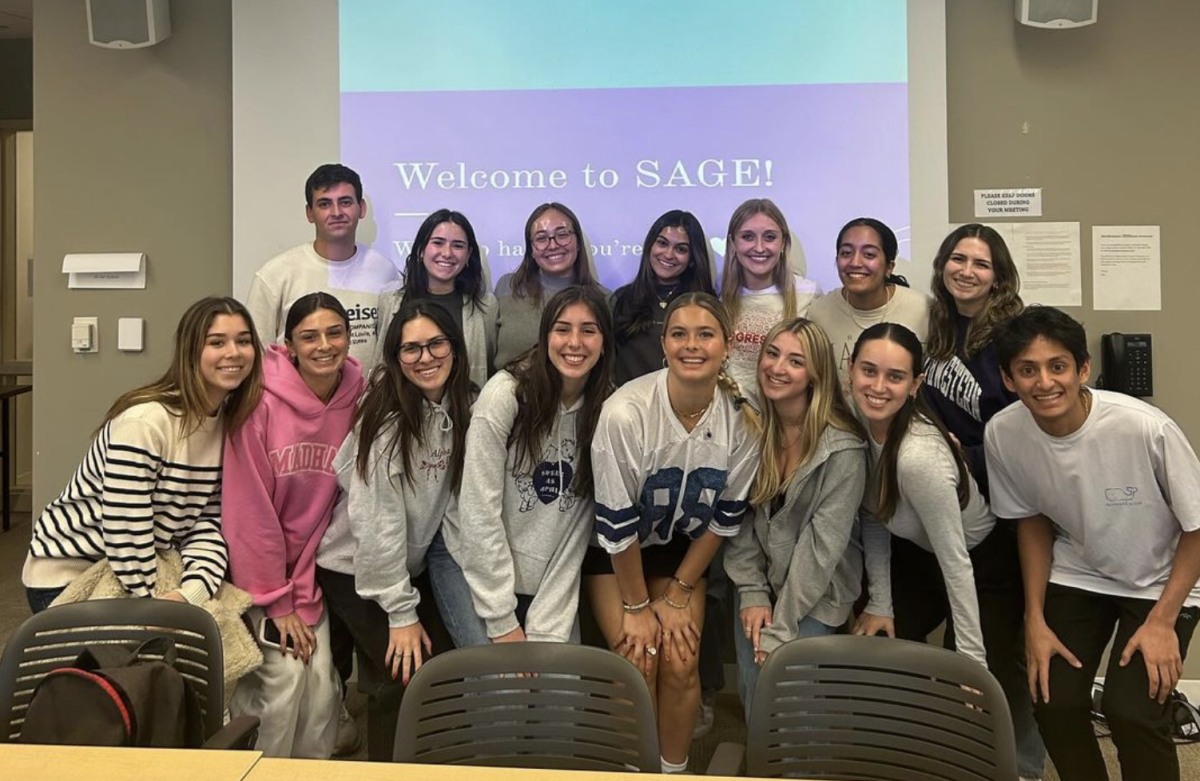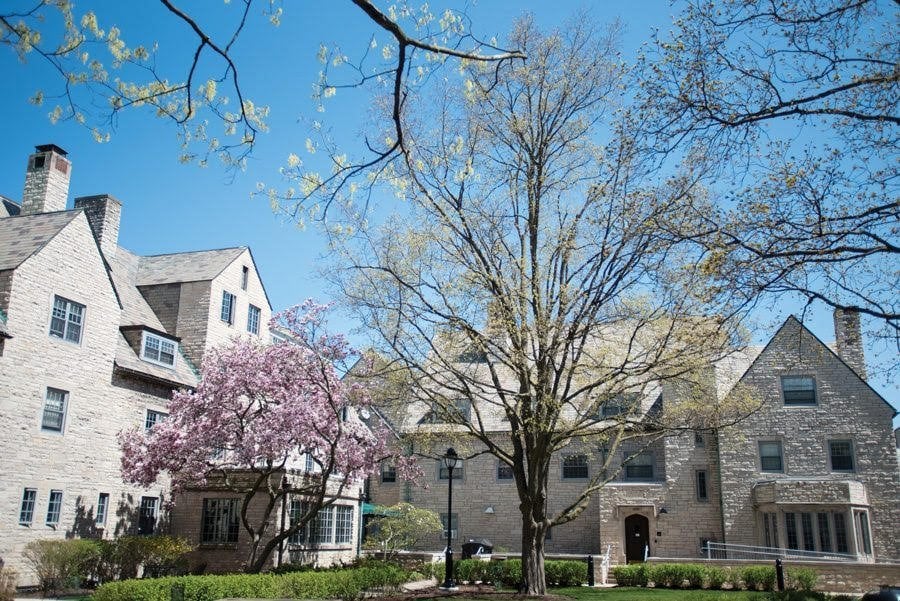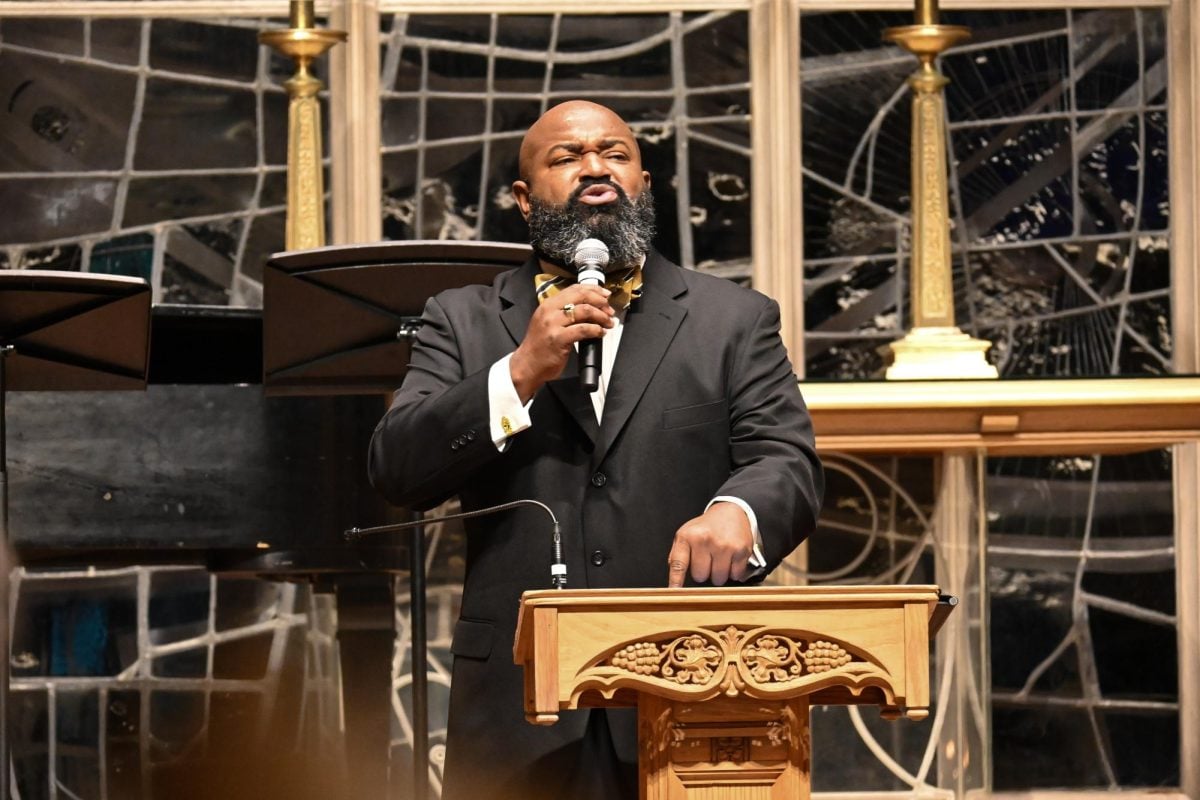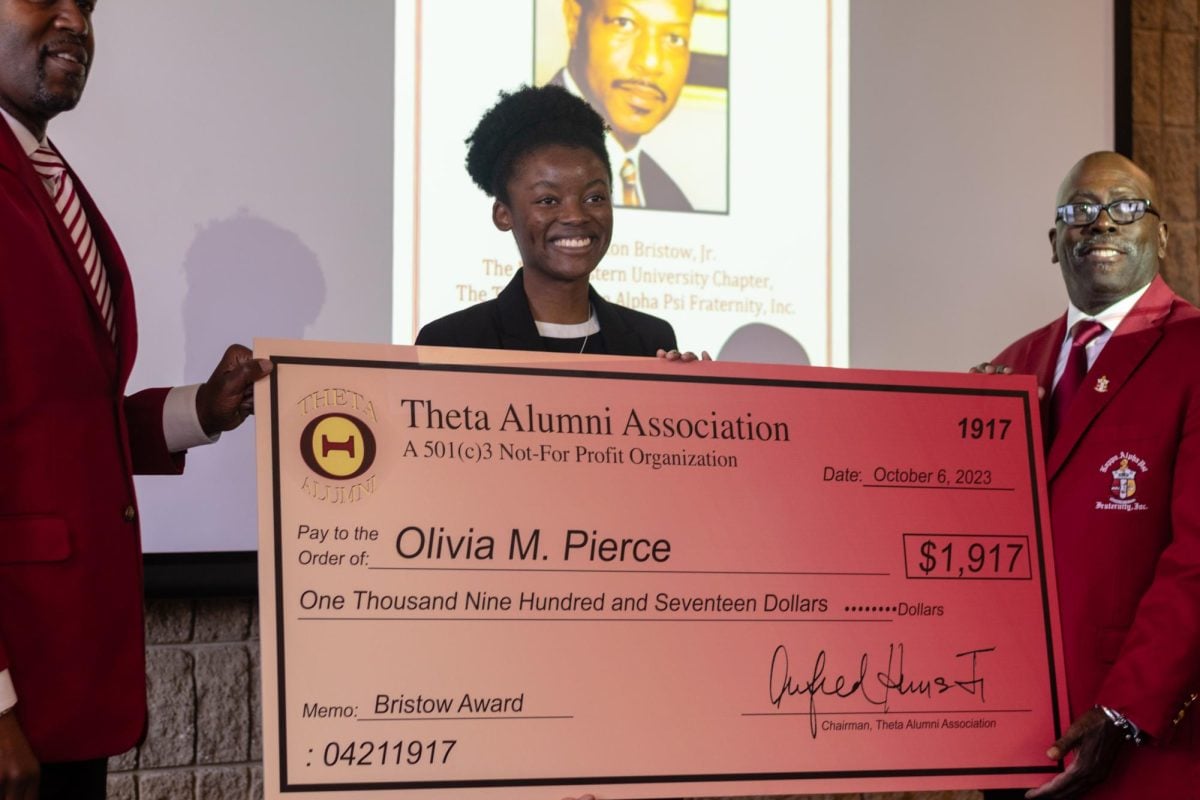Medill professors and student reporters have officially launched the Medill News21 Watchdog Project. The project comes after Medill Watchdog, a joint investigative journalism venture between students and faculty, received a $115,000 grant from the Knight Foundation, which focuses on advancing innovation in journalism, according to a news release.
The initiative is part of Medill Watchdog and focuses on local politics. Most recently, the group released a report on legislative corruption in Cook County, which was published in The New York Times in January.
“Our mission is to take the kinds of stories that other publications no longer have the resources to take,” said Medill lecturer John Sullivan, the project’s assistant director. “We set out to do high impact journalism that covers issues of great breadth and depth.”
Sullivan, along with Rick Tulsky, the director of Medill Watchdog, began testing the model for Medill News21 in the spring of 2011.
Last January’s report was the first major investigation that the project pursued. Their findings showed some Cook County legislators, none of whom were lobbyists themselves, had either business or familial ties to business lobbyists. Medill Watchdog reporters sent the report to the Chicago News Cooperative, which used to provide Chicago-based news to The New York Times.
According to Medill senior Fenit Nirappil, a Watchdog intern who worked on the case over the summer, the report was the product of endless hours of examining records and legislation from businesses and legislatures in Cook County. Paid student interns worked throughout the summer to dig up information on elected officials.
“It’s a lot of grunt work, but it can be satisfying grunt work,” said Nirrapil. “If we didn’t have the patience and the diligence to do the grunt work and to review hundreds of pages of documents, then the story would never have been released to the public.”
Medill is no stranger to such investigative groups, such as the widely known Medill Innocence Project. However, Nirrapil and Sullivan pointed out a number of distinctions between the two organizations, including the fact that the Innocence Project does not pay its students for their work and Medill Watchdog does not offer class credit.
“In the Innocence Project, you have the story already,” said Nirrapil, who is also a student in the Innocence Project. “We don’t have the story already, and when I started in the summer we were exploring a lot of different angles. We have to wade through all the relative data, documents and disclosures to find a story.”
According to Sullivan, the group is currently working on additional projects as part of its Knight Grant funding. However, he declined to disclose details about these reports at this time.






